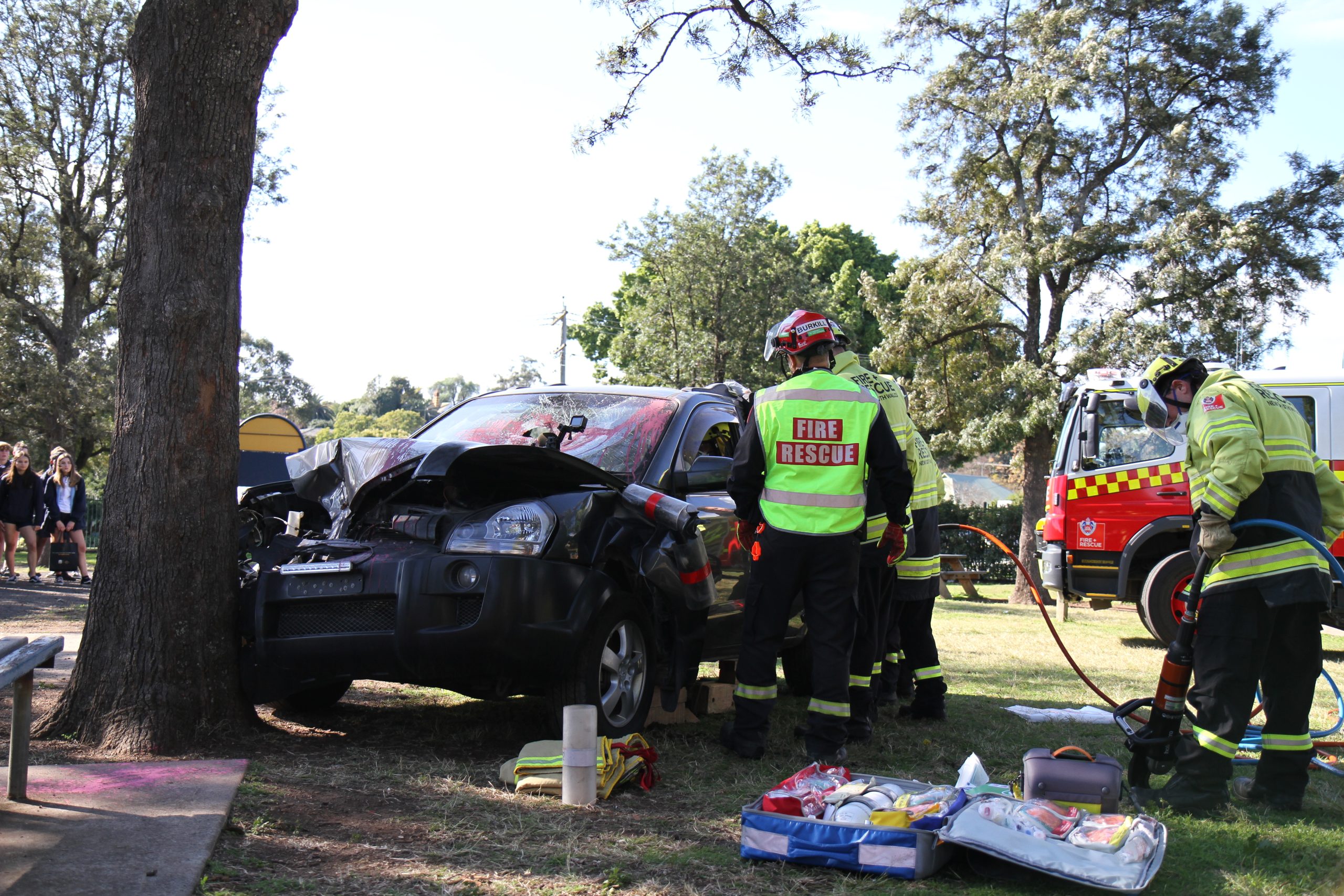BY DI SNEDDON
Outside the message was no new coal but inside the Mining Leaders Lunch function, the message was that coal has been mined in the Hunter Valley for a long time and will continue to be mined for a long time yet.
However, those inside and outside the function agreed on two things, the need for a firm path to net zero emissions and planned transition.
Business Singleton hosted the luncheon last Friday at Singleton Civic Centre with guest speakers Federal Resources Minister Madeleine King, NSW Minerals Council CEO Stephen Galilee and Blackrock Industries owner Steven Fordham.
At just 31, Steven heads Blackrock Industries, providing people and equipment to mining and civil projects across the Hunter and soon throughout Australia. After various conversations with those in the mining industry, Steven identified the gaps and set to work initially providing tree planting and landscaping services to the industry.
Among the various arms of his business is the Second Chance for Change that has supported 116 formerly incarcerated men from jail to the workforce. Steven’s business is now a multimillion-dollar operation, a far cry from when this self-confessed dyslexic seriously considered his own suicide just six years earlier.
He acknowledges the opportunities the coal industry has given him and was proud to attend the Mining Leaders lunch to hear about the state of the industry.
Minister King told the 220 people at the luncheon she had tremendous respect for the industry that faced great challenges ahead with the government’s firm path to net zero with a 43 per cent emissions reduction target by 2030, double the previous government’s target.
While meeting energy reduction targets, Ms King said there was still a need to use coal and gas to provide reliable and affordable energy and to keep manufacturing industries going.
“I respect this is an emotional issue but we need to all work together, we need to manage transition in a planned manner, the coal sector is central to the economy, past, present and future as we continue to work together towards zero emissions.”
Last year Australia exported 350 million tonnes of coal equating to $100billion with coal being the first commodity other than iron ore to reach that $100b mark.
Russia’s invasion of Ukraine pushed the price up for thermal coal and gas prices.
Ms King said while prices will ease in future years and there will be significant change in the next decades, coal and gas is needed in the near term while we work towards securing new affordable and reliable energy sources.
“This is something we all need to work together on,” she said.
Mr Galilee reiterated Ms King’s message adding that coal provides much of the electricity used in NSW and up and down the entire coast with the majority of coal produced in the Hunter headed to the export market.
He forecast that there would be at least another two decades in which high quality coal would be exported from the Hunter but that now was a time to strengthen and diversify.
“I support a long-term planning process for the future with contingencies in place, we want to look after the local community, our people don’t just work here, they live here, coal has been here for a long time and will be her for a long time yet.”












